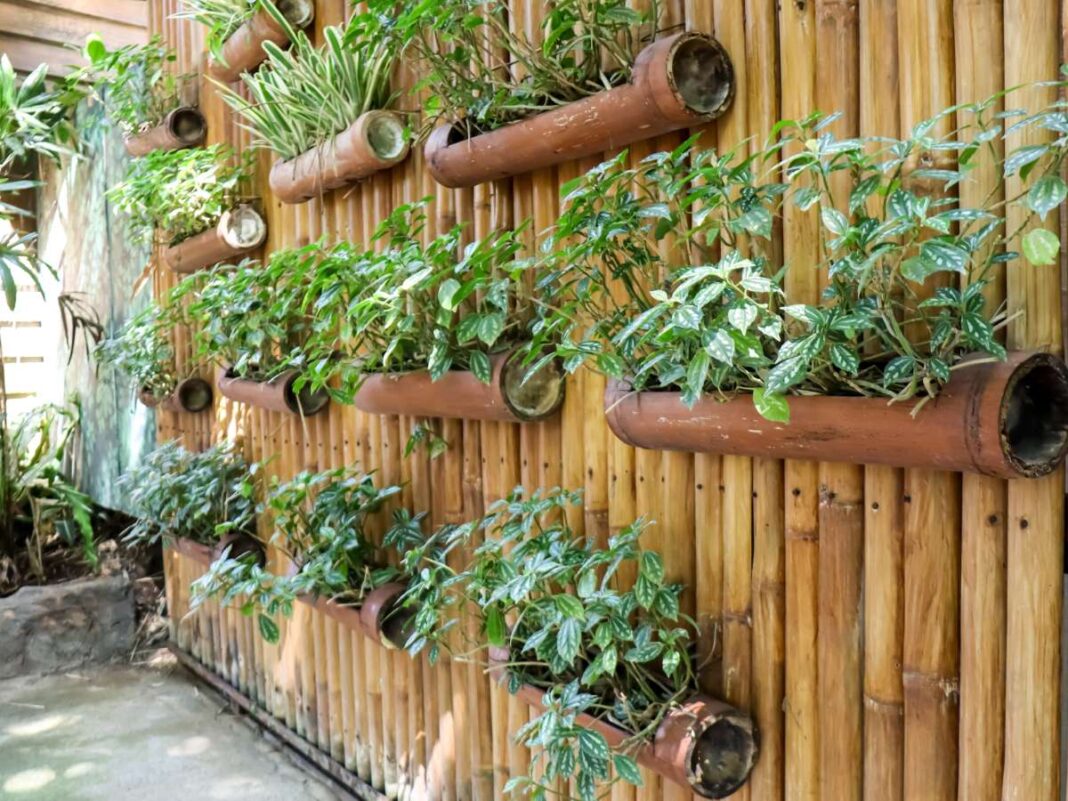As environmental concerns increasingly influence our world, it is important for homeowners to transform their gardens into sustainable, eco-friendly spaces. Following certain sustainable gardening techniques not only benefits the planet but also enhances personal well-being and creates vibrant, resilient outdoor areas.
Embrace Native and Drought-Resistant Plants
One of the foundational steps in sustainable gardening is the use of native and drought-resistant plants. These plants are adapted to local climates and soil conditions, requiring less water and maintenance. Incorporating plants like coneflowers and black-eyed Susans can significantly reduce water usage while supporting local wildlife and pollinators. By choosing native and drought-resistant plants, gardeners contribute to biodiversity and create habitats for local species.
Implement Water Conservation Techniques
Scarcity of water has been a growing concern, making water conservation techniques essential in sustainable gardening. Practices such as rainwater harvesting, drip irrigation, and xeriscaping are becoming increasingly popular. Collecting rainwater reduces our dependence on municipal water supplies, while drip irrigation delivers water directly to plant roots, minimizing evaporation. Adopting water conservation techniques not only conserves a precious resource but also lowers utility bills and promotes healthier plant growth.
Water-Saving Irrigation Methods
| Method | Benefits |
| Drip Irrigation | Reduces water waste and evaporation |
| Rainwater Harvesting | Utilizes natural rainfall for watering |
| Xeriscaping | Minimizes or eliminates the need for irrigation |
Enhance Soil Health with Organic Practices
Healthy soil is an essential element in creating a thriving garden. Using organic practices like composting and mulching enriches the soil without harmful chemicals. Moreover, composting kitchen and garden waste can help create nutrient-rich soil amendments, reducing the need for synthetic fertilizers. Mulching significantly helps retain soil moisture and prevents the growth of weeds. By focusing on organic soil health, gardeners promote a robust ecosystem beneath their feet.
Design Sustainable Landscapes
Sustainable garden design integrates beauty with environmental responsibility. Incorporating elements such as edible landscaping and permeable hardscapes enhances functionality while reducing ecological impact. Edible plants like fruit trees and herb gardens provide fresh produce and aesthetic appeal. Using permeable materials for pathways and patios allows rainwater to infiltrate the ground, reducing runoff. These design choices contribute to a garden that is both attractive and eco-friendly.
Support Biodiversity with Wildlife-Friendly Features
Creating a garden that supports biodiversity involves planting pollinator-friendly gardens and providing habitats for local wildlife. Including a variety of flowering plants attracts bees, butterflies, and other beneficial insects. Installing birdhouses, bee hotels, and small water features can make your garden a haven for fauna. By fostering a wildlife-friendly garden, you contribute to the health of local ecosystems.
Utilize Eco-Friendly Materials and Tools
Sustainable gardening also means choosing environmentally responsible materials. Opt for eco-friendly alternatives like coco coir instead of a non-renewable resource, peat moss. Selecting quality tools made from sustainable materials ensures durability and reduces waste. By adopting eco-friendly materials and tools, gardeners minimize their ecological footprint.
Leverage Technological Advancements
With the advent of technology, there are new ways to enhance sustainable gardening. Smart irrigation systems use weather data and soil sensors to optimize watering schedules, preventing overwatering and conserving resources. Online platforms provide valuable information on sustainable practices tailored to different regions. Embracing technological innovations in gardening can lead to more efficient and effective garden management.
Engage with the Community
Gardening can be a communal activity that promotes sustainability on a larger scale. Participating in community gardens and attending workshops allows gardeners to share knowledge and resources. Collaborating with others can amplify the positive impact on the environment. Engaging in community gardening fosters a sense of connection and shared purpose in creating greener spaces.
Shop Eco-Friendly Gardening Products
Investing in eco-friendly products supports sustainable practices. Consider purchasing native plants and organic soil amendments from reputable sources. For example, Nativo Gardens offers a selection of native plants suited for various regions. Choosing products that align with environmental values contributes to the overall health of your garden and the planet.
Recommended Eco-Friendly Gardening Products
| Product | Description |
| Native Plant Seeds | Seeds adapted to local climates |
| Organic Compost | Nutrient-rich soil amendment |
| Smart Irrigation System | Water-efficient irrigation technology |
Conclusion
Transitioning to eco-friendly gardening practices is a rewarding journey that benefits both the environment and personal well-being. By adopting sustainable methods such as using native plants, conserving water, enhancing soil health, and engaging with the community, gardeners can create vibrant, resilient outdoor spaces. Embracing these practices contributes to a greener future and a healthier planet for generations to come.

